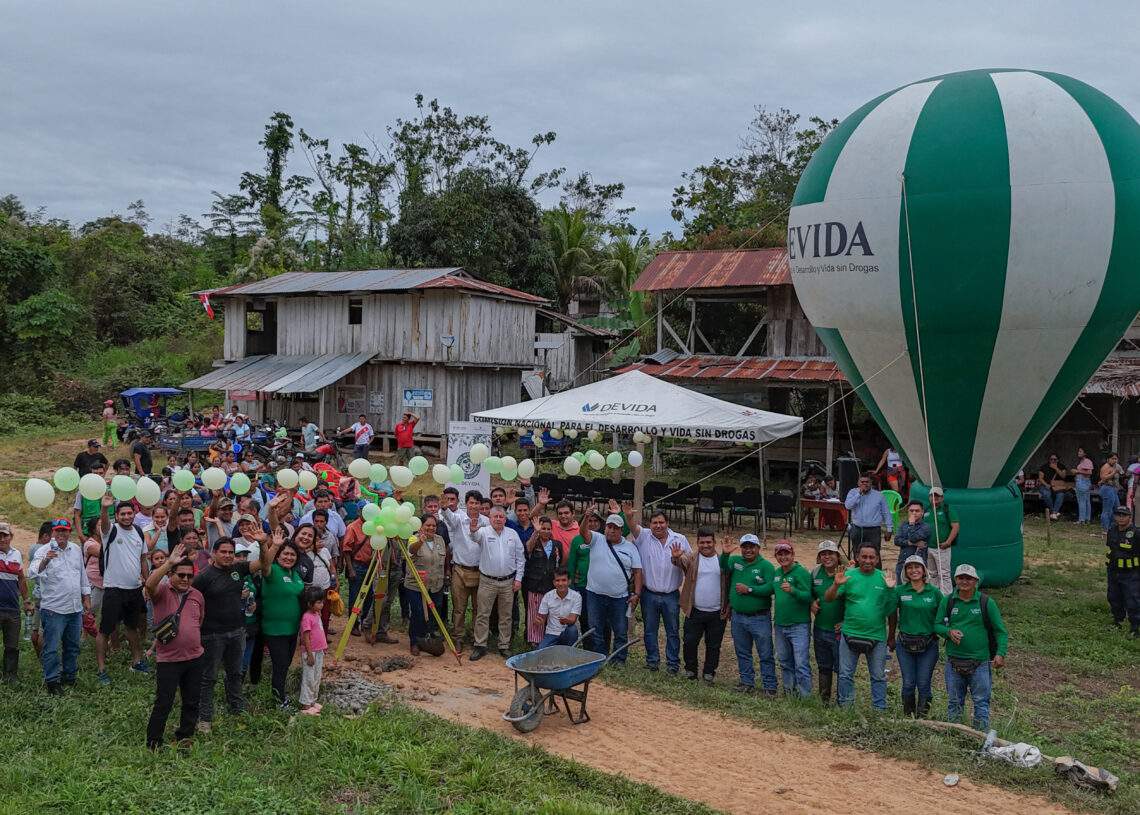Author: Víctor Martínez, expert of the COPOLAD III Programme and part of Peru’s Laboratory for Innovation in Drug Policies
With the engine of the boat that takes us to the jetty of the Flor de Ucayali native community in the Peruvian Amazon, the silence and the intense greenery finally impose themselves on us as we arrive at the locality.
Located in the central jungle, this community has been proposed to establish a laboratory of social innovation to advance in the design of an early warning system to warn of human rights violations and environmental crimes in the region, related to drug production and trafficking.
What does this mean? It means that both the population and the institutions in this area can have a procedure for alerting the relevant authorities when they detect a threat to the territory, both from an environmental point of view and in terms of threats to the leaders and defenders of the Amazon. The aim is to increase the efficiency and coordination of state actions in this difficult context. Are community leaders suffering threats for defending the territory, are drug precursor trafficking being sighted in recent weeks, are there threats to deforestation, and are new areas of illicit crops being observed? It is a question of having useful channels so that these ‘threats’ can be controlled by the security forces or the authority in charge and warnings can be heard.
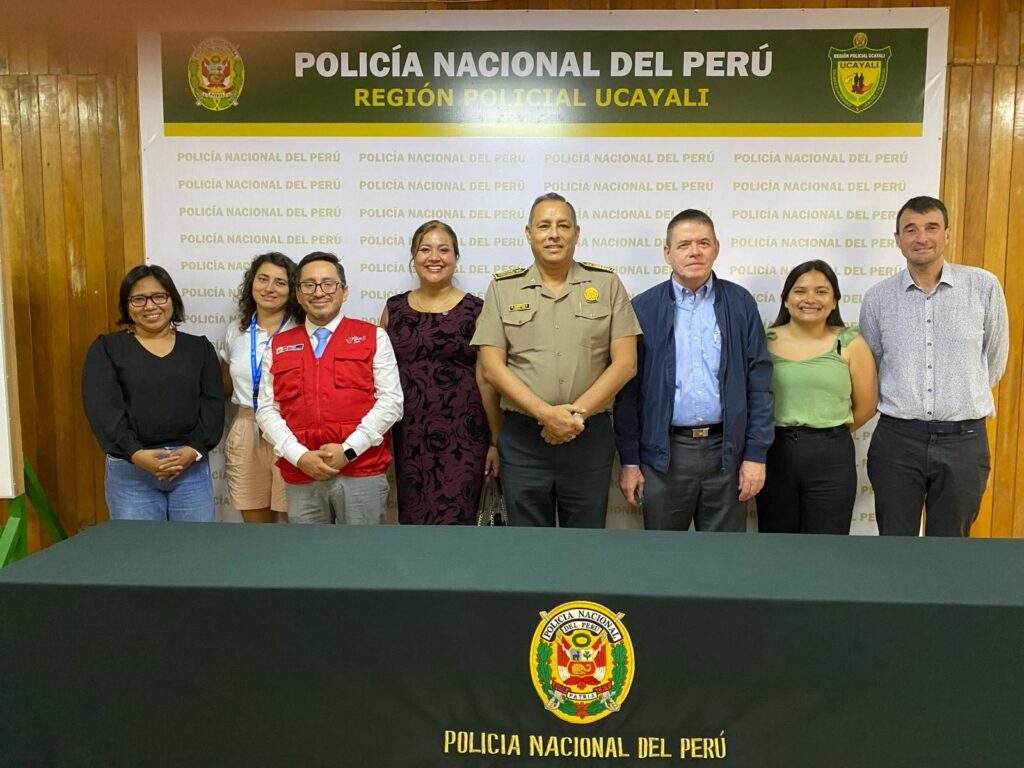
The mission is part of the cooperation roadmap of the COPOLAD III programme with Peru on drugs, with the technical support of the Agirre Lehendakaria Center (LAC). It includes interviews and coordination with authorities and community representatives in the listening, co-creation and prototyping processes, including DEVIDA – National Drug Authority, the Ministry of Justice and Human Rights, the Governor’s Office and the Regional Prosecutor’s Office, the Prefecture and the Ombudsman’s Office, the Ministry of the Interior, the National Police, and the organisations of Native Communities, as well as with the representations of Cooperation Agencies and the UN High Commissioner for Human Rights.
It is not the first cooperation initiative against crime in this field, nor will it surely be the last. But it seeks to take advantage of the lessons learned from the different projects and the alliances, coordination and monitoring mechanisms created around them, and to integrate and strengthen them so that they can serve as a basis for more effective action. The Amazon is living in an increasingly complex context with the increase in trafficking and illegal crops and the operation of different criminal gangs.
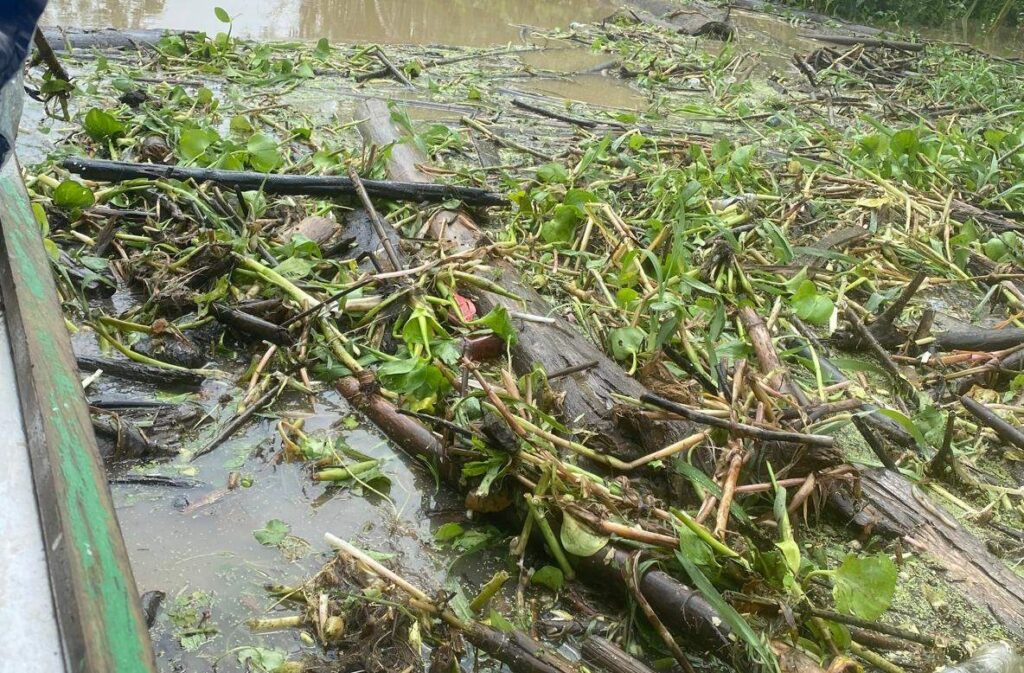
The first distant voices are an indication of the first meeting between the COPOLAD III team and Agirre, with some Shipibo-Konibo villagers and indigenous leaders, who are the first to suffer the threats and consequences of the isolation in which they live. They tell us how they live with impotence and little means to confront the external agents that threaten them.
“Living safely, preserving our territory and resources and the values of our culture are an essential part of the development we want”
As in other regions and localities of the great Amazon basin that encompasses nine Latin American countries, drug traffickers have found there a large and safe territory to expand their operations without limits, in a highly fragile natural environment that – paradoxically – hinders possible control and response actions by the state and allows them to mobilise all kinds of resources for the cultivation and processing of coca, in addition to opening stable routes for its commercialisation.
Statistics show that every year, in terms of new deforested area alone, illicit crops are gaining more weight compared to other economic activities, in addition to the convergence with other environmental crimes, threats and violations.
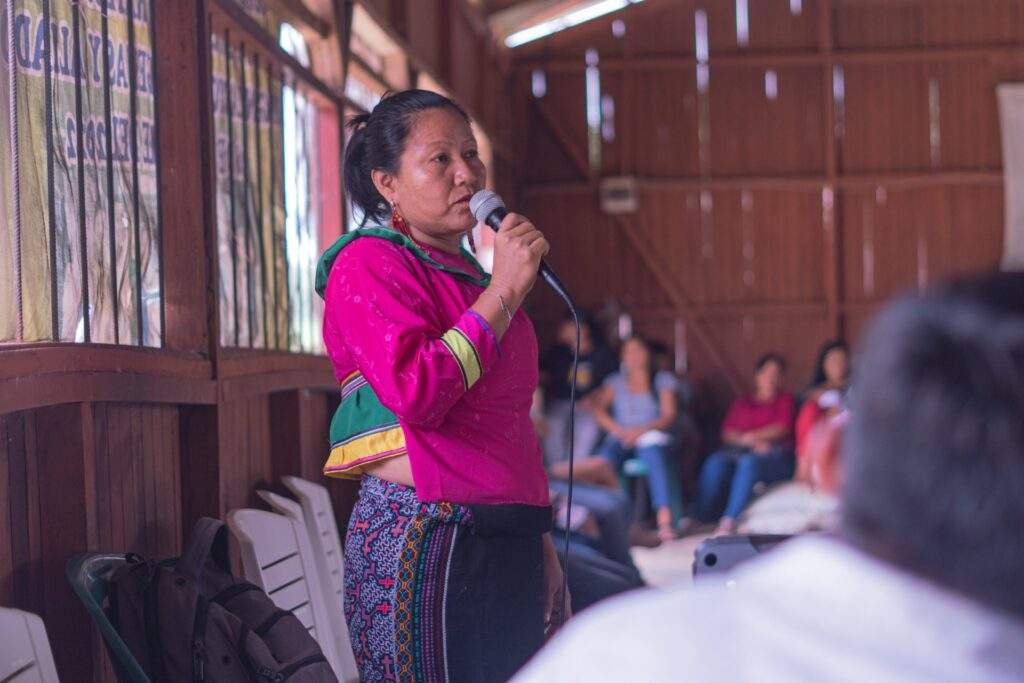
The laundering of drug-trafficking assets is also a determining factor, through local operations of occupation or purchase and sale of land, cattle ranching activities, construction of clandestine airstrips, establishment of plantations and covert concessions. They seek to consolidate and secure the infrastructure of services and support, expansion zones and transport routes.
Added to all this are the health and education needs of the local population, some 70 families, barely half of whom live permanently in the hamlet.
Various local development, conservation and monitoring projects, focusing on the promotion of indigenous crops, forest species and fish farming, together with other socio-economic initiatives have sought to compensate the native communities whose resources and ancestral territories have been affected. However, the siege of drug trafficking does not cease and patrolling and control mechanisms are becoming difficult or inoperative, while the new production alternatives entail new challenges: in their maintenance, cultivation techniques, processing and conservation and, mainly, in access to technical assistance, financing and markets.
In this sense, the next steps of this first mission will be the creation of prototypes or protocols for the implementation of the Alert System. In the coming months, COPOLAD III will provide the Peruvian government with technical support to consolidate information and telecommunications systems that provide stable coverage to the affected territories and communities, and that contribute to strengthening inter-institutional coordination, surveillance and control mechanisms – with the river network as the main axis – to generate rapid responses to the identified threats.
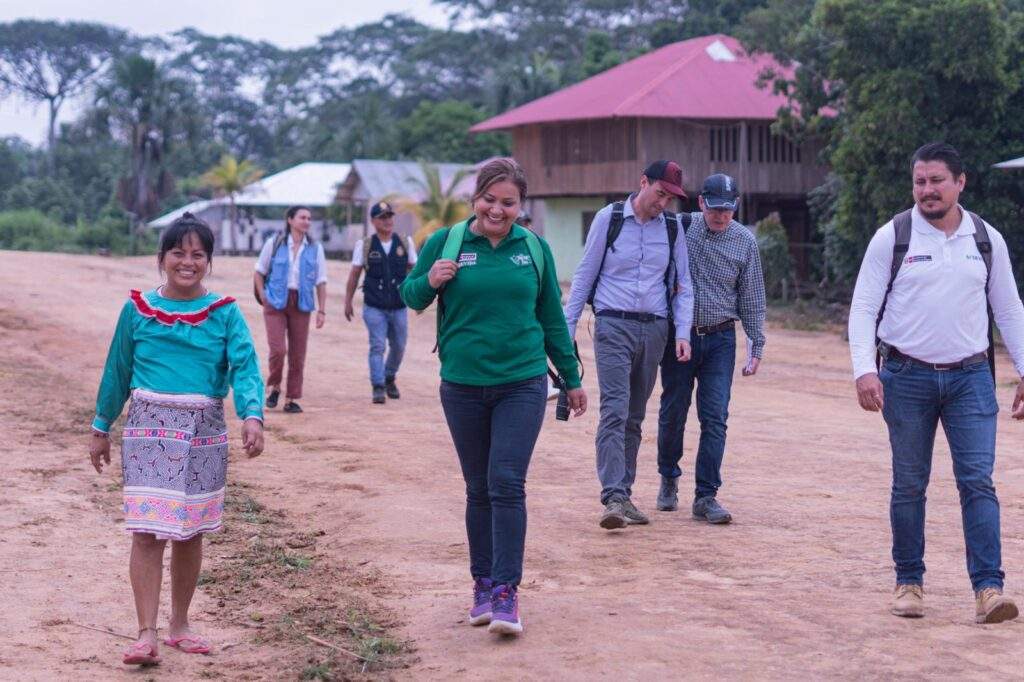
“Living safely, preserving our territory and resources and the values of our culture are an essential part of the development we want” says Irene Guimaraes, leader of the Flor de Ucayali native community.


